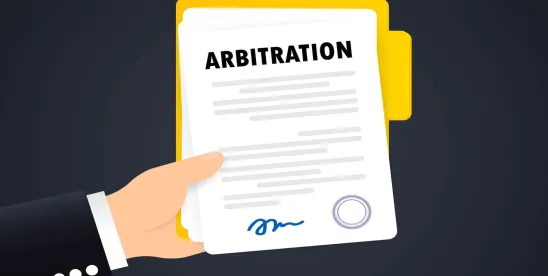Employers may be bound by multiemployer pension plans’ trust agreements and collections policies, but the force of these governing documents may have its limits. In Nevada Resorts Ass’n–Int’l All. of Theatrical Stage Emps. and Moving Picture Mach. Operators of the U.S. and Canada Local 720 Pension Trust v. JB Viva Vegas, L.P., No. 2:19-cv-00499, 2024 WL 1345288 (D. Nev. Mar. 29, 2024), a district court held unenforceable a provision in the plan’s trust agreement that would have required an employer to pay the attorneys’ fees the plan incurred in connection with the arbitration the employer filed to challenge the plan’s withdrawal liability assessment. The court held that the provision was preempted by 29 C.F.R. §§ 4221.10 and 4221.14(b)(5), which the PBGC promulgated pursuant to 29 U.S.C. § 1401(a)(2) to govern how withdrawal liability arbitrations are to be conducted. The court held that those regulations only allow an arbitrator to award attorneys’ fees if a party is found to have engaged in bad faith or other improper conduct during the arbitration, and thus implicitly forbid an award for any other reason, including pursuant to the plan trust agreement to which the employer had agreed to be bound. Because the trust agreement provision was unenforceable and it was undisputed that there was no bad faith or improper conduct involved, the court upheld the arbitrator’s finding that the plan was not entitled to an award of attorneys’ fees.
Proskauer’s Perspective
The decision underscores the need for plans and employers to have a proper understanding of the circumstances under which attorneys’ fees may be awarded in withdrawal liability actions and the enforceability of the provisions in their respective agreements. Unlike plans that prevail in withdrawal liability collection actions, which are entitled to a mandatory award of attorneys’ fees under 29 U.S.C. § 1132(g)(2), and parties that prevail in seeking to confirm or vacate a withdrawal liability arbitration award, which are often awarded attorneys’ fees under 29 U.S.C. § 1451(e), under the court’s ruling, prevailing parties in withdrawal liability arbitrations must show some form of improper conduct in order to be awarded their attorneys’ fees under 29 C.F.R. § 4221.10. This is a difficult standard to satisfy, and one the plan was not able to elide even through a provision in its trust agreement to which the employer agreed. While the plan has appealed the decision, it remains to be seen whether plans in other jurisdiction will seek to enforce similar provisions.




 />i
/>i

